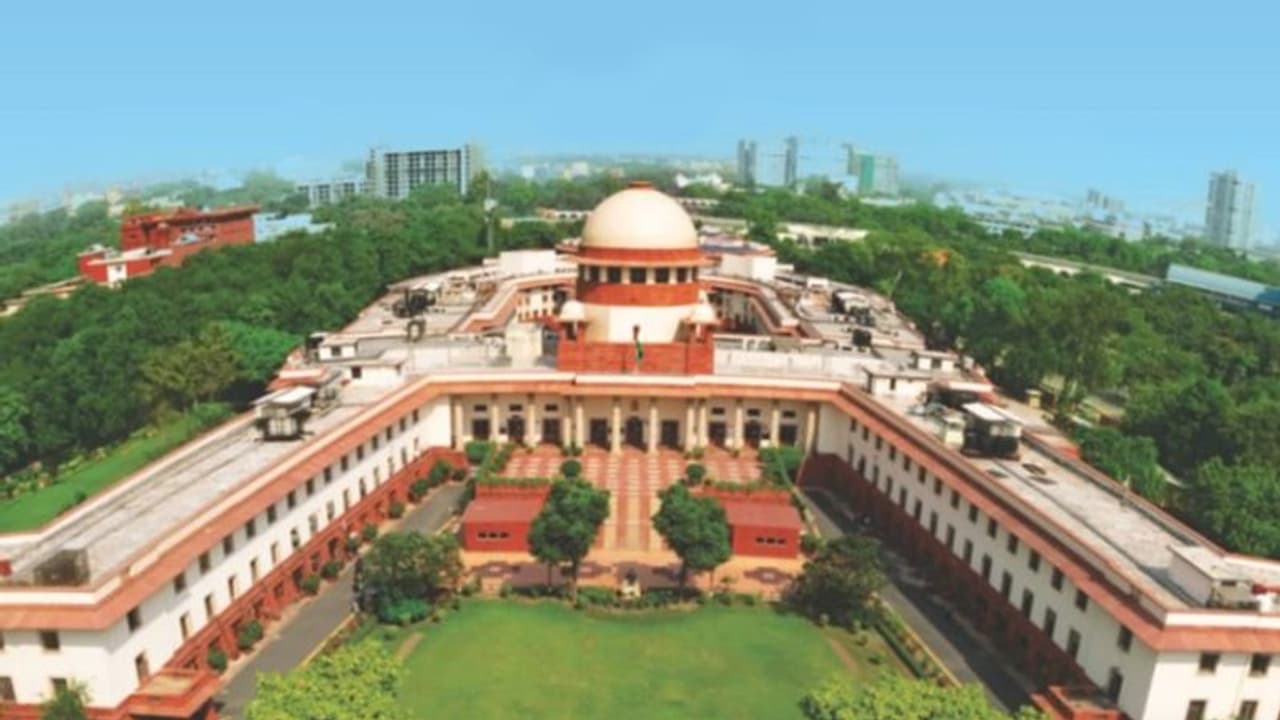The Supreme Court has directed the State Bank of India (SBI) to compile data on electoral bonds by Tuesday, with a warning of contempt proceedings if the deadline is not met. Furthermore, the Election Commission of India is mandated to compile and publish all electoral bond data by Friday, March 15, on its website
So what happens when the State Bank of India (SBI) compiles the data on electoral bonds by 5 pm on Tuesday? Well, the Supreme Court has directed the Election Commission of India to compile all the data and publish it by 5 pm on Friday (March 15). This information will be shared on the Election Commission website. The court has issued a warning of initiating contempt proceedings against the government-run bank if it fails to furnish the required information by Tuesday.

During an earlier hearing regarding the State Bank of India's (SBI) request for an extension to disclose details of the now-defunct scheme, the Supreme Court posed tough questions, questioning the bank's actions over the past 26 days. SBI had sought an extension until June 30 to comply with the court's directive.
In a significant ruling on February 15, the court invalidated the electoral bonds scheme and instructed the Election Commission to publicize donation details by March 13.
The plea for an extension by SBI was challenged by the Association for Democratic Reforms (ADR), one of the petitioners who contested the electoral bonds scheme introduced by the Narendra Modi government in 2017. ADR argued that the application was filed at the eleventh hour to prevent disclosure of details before the upcoming Lok Sabha elections.
Representing SBI, Senior Advocate Harish Salve explained that the bank followed a standard operating procedure (SOP) to store information related to the electoral bonds scheme outside the core banking system. Salve emphasized the need for additional time to comply with the court's order, citing the complexity of collating information and the need to reverse the process due to confidentiality concerns.
Chief Justice of India DY Chandrachud, leading the five-judge Constitution bench, noted that donor details were reportedly stored in sealed covers at an SBI branch in Mumbai. Justice Sanjiv Khanna urged the bank to simply open the sealed covers, compile the details, and provide the necessary information.
In response, Salve outlined the challenges involved in matching information across different storage systems, emphasizing the time-consuming nature of the task. However, the Chief Justice clarified that the court did not mandate such a matching exercise and directed SBI to adhere to the judgment without delay.
Expressing dissatisfaction with SBI's progress since the verdict, the Chief Justice demanded transparency regarding the bank's actions over the past 26 days. Salve defended the bank's cautious approach, citing the risk of legal repercussions if errors were made and underscoring the security measures implemented to prevent leaks.
Also Read: 'What steps have you taken in 26 days?': Supreme Court pulls up SBI on electoral bonds
